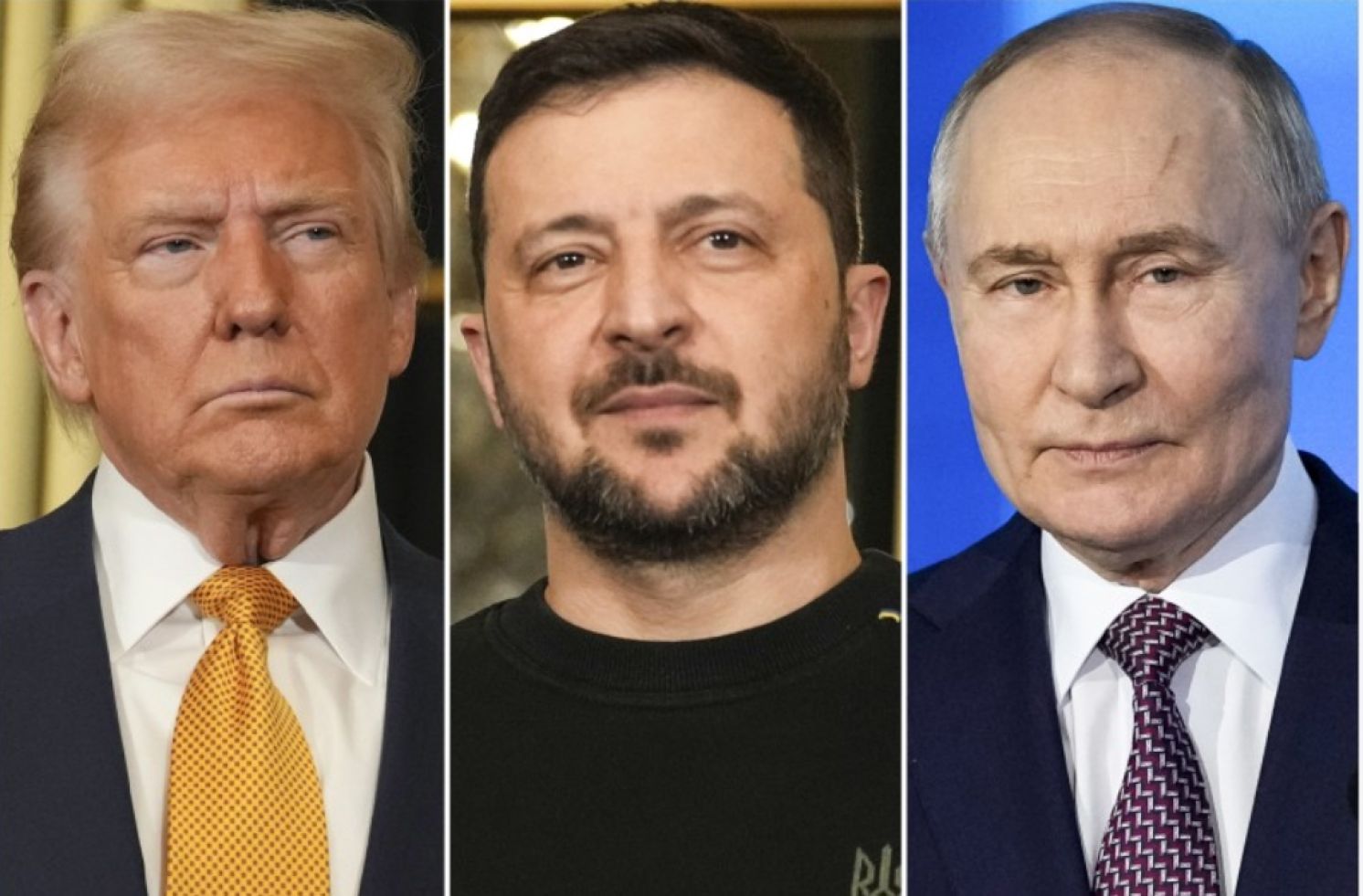
"Abandon Taiwan" Narratives Surge in U.S.: Is Lai Still Riding on Trump's Coattails?
The Storm Media Editorial, March 19, 2025
At the recent Yushan Forum held in Taipei, the event unexpectedly opened with narratives on skepticism towards the United States. Anders Fogh Rasmussen, former secretary-general of the North Atlantic Treaty Organization (NATO) and former prime minister of Denmark, who spoke in front of President Lai Ching-te and Director Raymond Greene of the American Institute in Taiwan (AIT), did not hold back. He bluntly stated, "Under a Trump administration, the White House can no longer be relied upon." The U.S.-Europe alliance has increasingly become transactional, and President Donald Trump of the United States now views Washington, Beijing, and Moscow as the three global centers of power. He questioned, "How should Taiwan and Ukraine perceive this situation?" While Greene attempted a defense, his explanation was unconvincing.
The Yushan Forum, conceived in 2017 under the administration of President Tsai Ing-wen, reflects her policy of linking democratic allies internationally. However, Mr. Trump’s dramatic policy shifts have effectively buried democratic values and fractured democratic alliances. President Lai has continued his predecessor’s diplomatic approach, but this unexpected episode at the Yushan Forum has further intensified the debate on U.S. skepticism narratives.
Despite this, President Lai’s national security officials have merely repackaged the same narrative and attempted to counter criticism by claiming that Beijing is waging a new wave of cognitive warfare against Taiwan. These include narratives such as "TSMC will become the “American Semiconductor Manufacturing Company;" "Taiwan is handing over its semiconductor industry to the United States," "Lai is Taiwan’s Zelenskyy," "Today’s Ukraine is tomorrow’s Taiwan," and "The United States will abandon Taiwan." They argue that the notion of U.S. skepticism and resentment towards Mr. Trump is simply part of Communist China’s cognitive warfare against Taiwan. But does this mean that all Western scholars discussing these concerns are also engaged in cognitive warfare against Taiwan?
The resurgence of the theories espousing that the United States will abandon Taiwan aligns with Mr. Trump’s isolationist and mercantilist foreign policies. The latest issue of Foreign Affairs features an article resembling this theory, titled "The Taiwan Problem: America’s Strategy Should Not Rely on an Unwinnable War." The article warns Washington against centering its Asia strategy on Taiwan, overestimating Taiwan’s strategic importance, and urges preemptive measures to mitigate the impact on the United States if Taiwan falls to China.
Similarly, Foreign Affairs recently published an article by Monica Duffy Toft, a professor of international politics at Tufts University, titled "The Return of Spheres of Influence: Will Ukraine Negotiations Lead to a New Yalta Conference?" She argues, "Today’s geopolitical situation is strikingly similar to the period following World War II," as major powers are negotiating to establish a new global order, much like how Allied leaders redrew the world map at Yalta. She specifically pointed out that "the biggest question mark is China." The outcome of these negotiations, especially whether Putin can gain from this brutal and costly war, could signal what might happen if Xi Jinping decides to take Taiwan.
The postwar international order is already in chaos. Mr. Trump has weakened NATO, abandoned Western allies in favor of Russia, and withdrawn from multiple United Nations organizations. Elon Musk has also expressed support for leaving the U.N. Meanwhile, Canada and the European Union have diverged from the United States, and the shared values of democracy, freedom, and human rights in the West have all but vanished. What remains is Mr. Trump’s power-based transactional diplomacy, where only strength and financial leverage matter.
Mr. Trump once told President Volodymyr Zelenskyy of Ukraine, "You have no leverage anymore," reducing Ukraine to a bargaining chip. Now, after a two-hour hotline conversation with Putin, Trump is preparing to divide Ukraine’s assets, an act described by American media as "Yalta Agreement 2.0." At this point, the United States, once the leader of the free world, has "turned to the dark side." Will Taiwan under President Lai remain a loyal follower? After offering up TSMC, will Taiwan now be expected to increase its investments further under Mr. Trump’s demands? Is this sheer foolishness, or just naïve optimism?
From: https://www.storm.mg/article/5341514?mode=whole
〈Back to Taiwan Weekly Newsletter〉